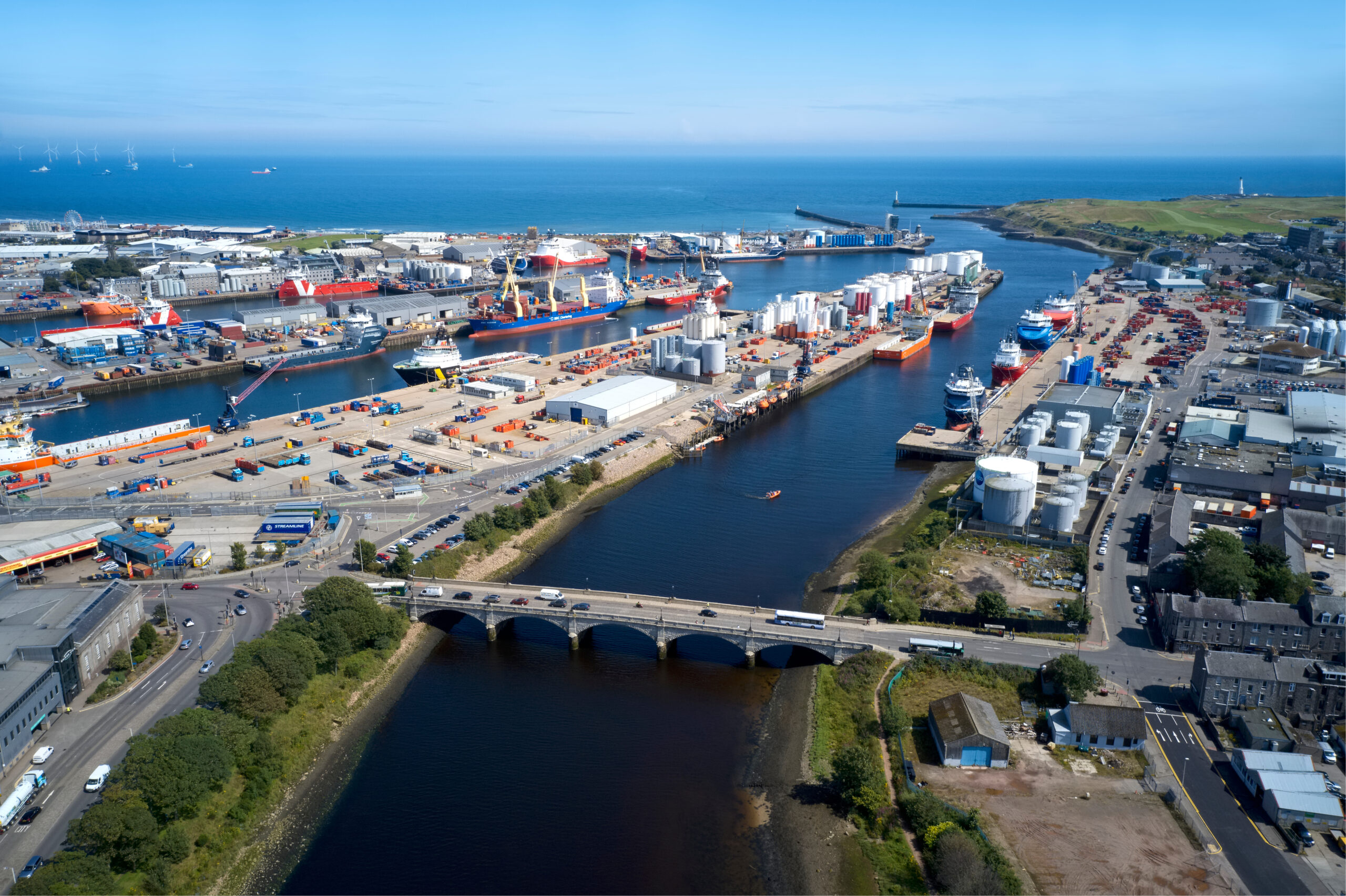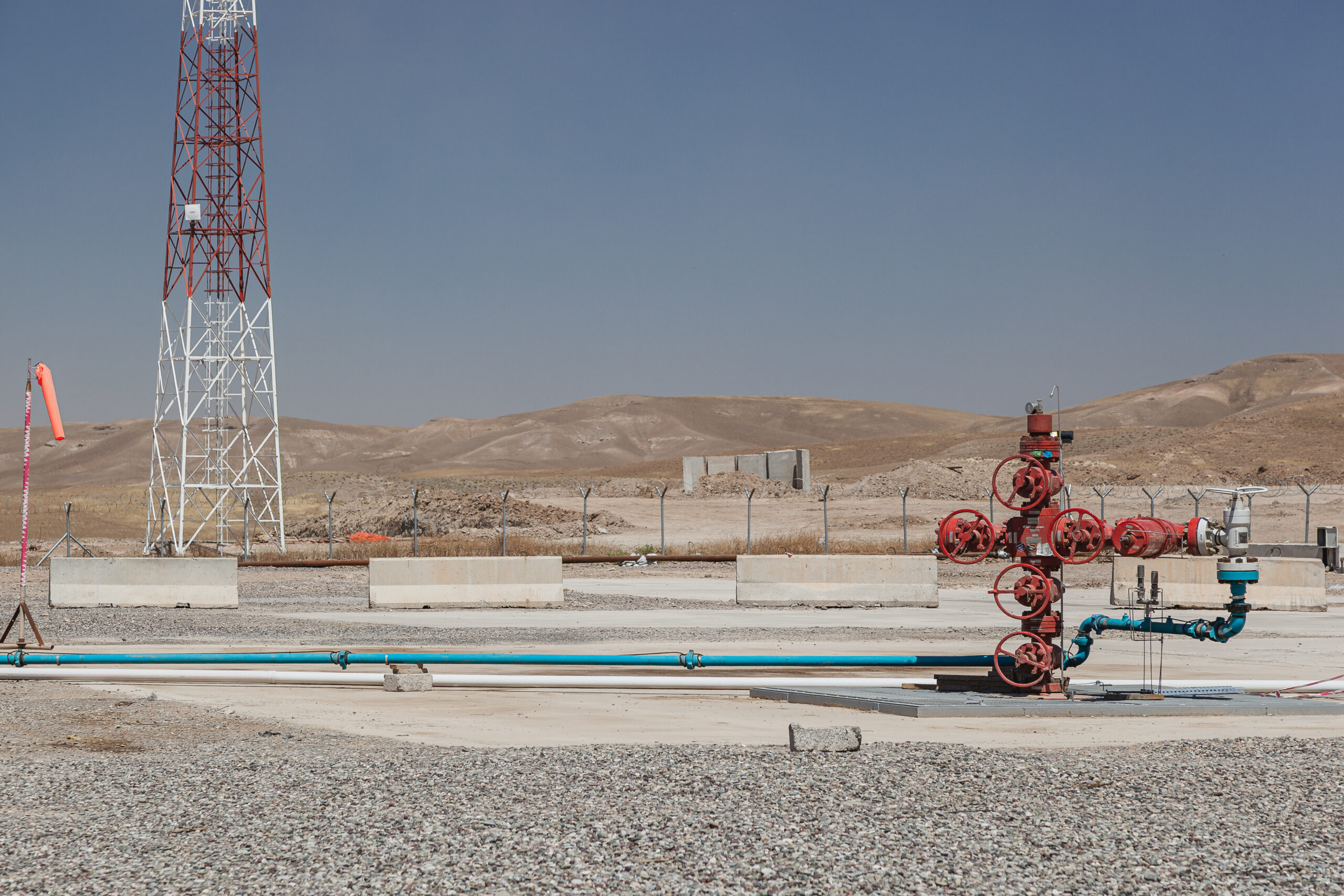UK net zero delay: has Sunak made a mistake?
Prime Minister Sunak’s decision to delay UK net zero targets could damage the nation’s credibility as a global net zero leader, say experts.

“Let me get straight to it,” said an earnest, but bullish Rishi Sunak, as he stood behind the lectern outside the door of Number 10 Downing Street to set out his new approach to UK net zero. But, frustratingly for the millions of people tuning into his address, he did exactly the opposite. It wasn’t until the very end of the speech that Sunak confirmed what most Britons already knew, given that the policies were leaked to BBC News a few days before.
But if you’re not from the UK and are wondering how the UK net zero roadmap has changed, then here is a brief synopsis of the changes. In short, Sunak said the UK will delay the ban of new diesel and petrol vehicles from 2030 to 2035, which would put it in lockstep with the EU. Fossil fuel boilers will now be phased out in 2035 rather than 2026, while grants to install a heat pump would increase from £5,000 – £7,000.
Elsewhere, the prime minister said that landlords would no longer be required to ensure that their properties were suitably upgraded to meet energy efficiency standards. Previously, from the year 2025, any landlord who owned a property that did not achieve a ‘C’ grading would not have been able to rent it.
But the most significant lines in the speech came towards the end when Sunak announced that the proposed ban on new oil and gas fields in the North Sea would not go ahead, while at the same time he promised that the UK “would still meet our international commitments and hit Net Zero by 2050.”
Do Sunak’s net zero pledges add up?
But outside the Westminster bubble, does the prime minister’s watering down of the UK net zero pledges add up?
For Professor Ilan Kelman, an expert on climate change and sustainability at University College London, the overall announcement “is definitely not good for the environment,” he told Gas Outlook.
“In terms of the UK energy sector,” he added, “it is good news for the fossil fuels sector, but looking at the announcement through the lens of demand reduction and sustainable energy supplies, it is very bad news.”
Dr Eleni Stathopoulou, who has carried extensive research on environmental policy making regarding the net zero energy transition at the University of Sheffield, largely agrees. She believes that “adopting a start/stop approach to net zero policy” will not only have “significant monetary implications for the UK”, but she thinks that it will also “affect national confidence, business confidence which risks undermining planning.” “All these different vectors will increase the overall cost of decarbonisation,” she notes.
Some believe, however, that one of the most damaging aspects of Sunak’s decision to delay UK net zero targets, is that it could damage the UK’s credibility as a net zero leader. With a report published by the International Energy Agency stating that if the world is to reach net zero by 2050, it would need to spend US$4.5 trillion, IEA Executive Director, Fatih Birol, “called upon advanced economies to take the lead.” When he was questioned about the UK’s decision to dilute its net zero targets, he told The Financial Times, “There is a special role for the advanced economies to take the lead here, and in my view it is time to increase the ambition rather than reducing it.”
Global green credentials
Rebecca Newsom, head of politics at Greenpeace UK, was much more forthright. She told Gas Outlook exclusively, “The grim reality is that Britain is no longer seen as a serious player in the global race for green growth. Under the Conservative government, Britain has gone from leader to laggard on climate change and the u-turns announced recently will only hasten our waning influence on the world stage. Sunak doesn’t have much time to turn things around.”
It is an opinion shared by Kelman. He says that the revised strategy demonstrates that “the UK is unwilling to be a global leader for climate and sustainability.” “Most of all, he says “it shows that the UK is willing to change its long-term future according to the whims of the current administration. It is lost opportunity. The UK may now be in line with the European Union regarding a ban on the sale of petrol and diesel vehicles, as Sunak pointed out, but I would much rather the UK be seen as a trail-blazer, leading not just Europe, but the whole world.”
Dr Stathopoulou thinks that the change of plan not only harms the UK’s international standing as an environmental leader, but she also believes that the volte-face sends the wrong message to the international investment community.
She explains, “Adopting such a stance will potentially create a knock-on effect in terms of the commitment of other countries. As for developing nations, why commit to further decarbonisation measures when the UK waters down its net zero pledges. Also, I think economically, there will be significant implications for the UK. The announcement could leave the UK behind the global rate of investment at a critical time when moving ahead with the energy transition could act as a catalyst at attract private sector investment. This is badly needed because large-scale investment is the key to transforming the British economy as it strives to reach net zero.”
Championing technology
But not everyone agrees with Kelman and Stathopoulou. Aoife Foley, Professor and Chair of Net Zero Infrastructure at the University of Manchester, says that while the UK’s decision to delay net zero “is a significant development,” it is not going “to affect the outcome of where the UK is going at the moment”, but “will move some of the goal posts.”
“Part of the problem,” she explains “is that both the national and international media has failed to grasp and communicate to the public what the UK’s role as a net zero leader really means. It has also forgotten that different nations are energy leaders in different disciplines. So, for instance, the USA is a leader in fracking, Canada in shale, Scandinavia in gas, Germany, and Denmark in wind, while China is a world leader in batteries and solar. But we should remember that the UK has always been, and will continue to be, a technology deployment champion.
“That’s the UK secret sauce. Pushing back a little on the 2050 net zero target won’t change that. Resilience is about being flexible, adaptable, and willing to react when some technologies are not delivering technically, economically, or financially. A change in direction is better than flogging a dead donkey.”
But Professor Kelman remains convinced by the prime minister’s announcement. “At this point, when you consider the way in which the UK’s energy policies are being shaped, it suggests that we will not meet the 2050 net zero target.”
Today, the opposition had its say. At the Liberal Democrat annual conference in Bournemouth, its leader, Ed Davey joked that instead of delivering his net zero speech, the prime minister should have “torn it up and thrown it away.”
Mr Sunak may have to do considerably more than that if the UK is to be regarded as a world leader in climate change.



